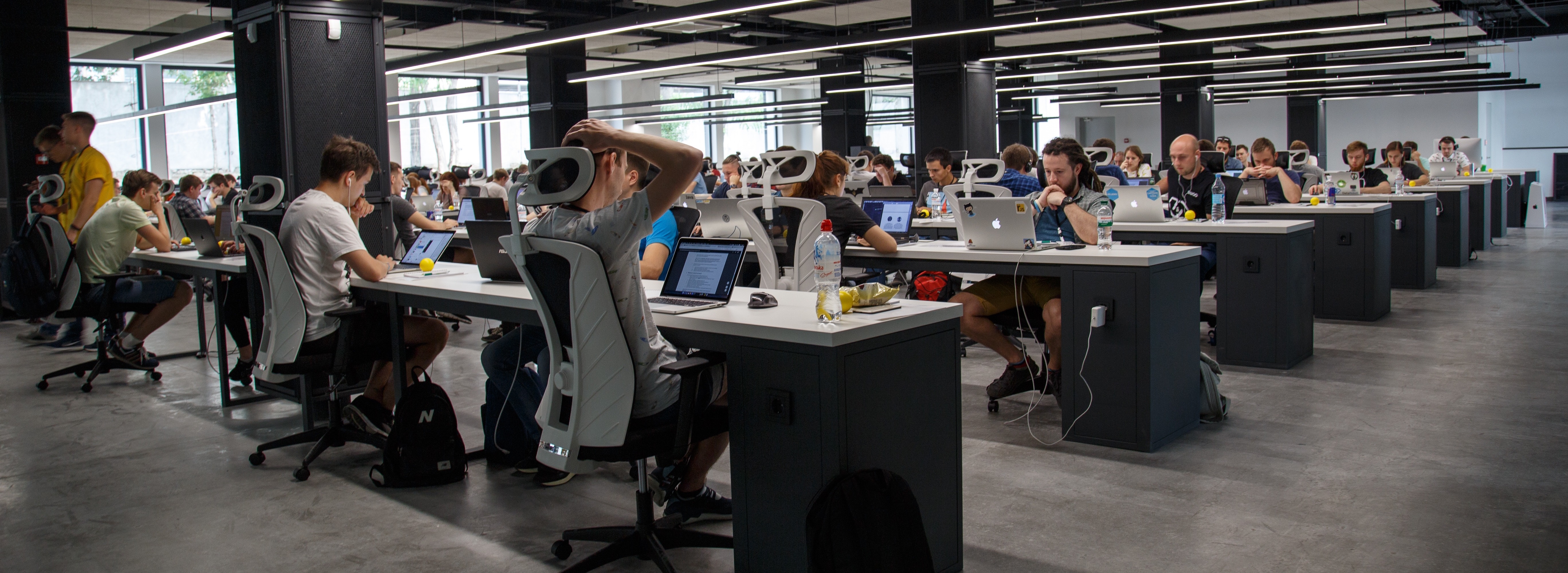Back in the middle of October I sat down with Christopher Lind as part of his Learning Tech Talks. In this wide ranging discussion we dove into the state of the learning industry and the role that adaptive learning can and will play in dramatically improving learning outcomes for everyone.
Read More
Topics:
Adaptive Learning,
Corporate E-Learning,
Unconscious Incompetence,
L&D,
AI,
Learning Analytics
The traditional assumption that completing a course generates knowledge and skills that are retained long-term and can be built upon is flawed. The majority of what is studied never makes the transition to long-term memory. Building and maintaining proficiency over time requires “refreshing” by revisiting the material in targeted ways.
Read More
Topics:
Adaptive Learning,
Unconscious Incompetence,
Refresh
Even the best instructional strategy will fail if it ignores one basic fact: humans are really good at forgetting things. Good news: reinforcement through deliberate practice solves this problem, and adaptive learning does this automatically.
Read More
Topics:
Adaptive Learning,
Unconscious Incompetence
On the surface it appears to be an easy win: tapping into the knowledge and expertise that exists within a company through user-generated content. Short how-to instructional videos can be cheaply and easily made and uploaded by experts across the company, then be searchable and accessible by every employee.
Read More
Topics:
Adaptive Learning,
Unconscious Incompetence
Wherever you are in the world, you’ll always be able to find a McDonald’s restaurant. The McDonald’s secret to global popularity can’t be found in any secret sauce: its success is a result of the corporation’s cultural astuteness. Whether serving a market that is predominantly vegetarian, or one that avoids beef, or pork, or enjoys fish, McDonald’s adjusts its menu to the local cultural flavor — to great success. While we aren’t responsible for McDonald’s corporate learning we have to assume that someone at McDonald’s at some time received cross-cultural training.
Read More
Topics:
Corporate E-Learning,
Unconscious Incompetence
A compliance officer needs to understand the laws and regulations regarding their industry, but so do the employees within their company. Without company-wide knowledge of compliance, a company is put at risk for all sorts of noncompliance issues, and faces litigation.
Read More
Topics:
Unconscious Incompetence
Sales training has one goal: train employees to perform in a way that increases revenue through sales - in other words, to have business impact. But traditional corporate training often falls short of this goal. Maybe that’s because learners find the learning content unengaging or the training delivery method inefficient.
Read More
Topics:
Unconscious Incompetence
Before we talk about unconscious incompetence, let’s talk about unconscious competence. Unconscious competence is a fancy way of saying “second nature” and it’s the level of competence that every sales rep should aspire to. When you think of unconscious competence think of the saying “it’s as easy as riding a bike”: once you learn how to do it, it’s a skill that comes naturally to you so you don’t have to think about it.
Read More
Topics:
Unconscious Incompetence,
Sales Training
According to the Occupational Safety and Health Administration (OSHA), in 2015 there were 4,836 fatalities in the American workplace. That’s an average of more than 93 deaths a week, and 13 a day.
Read More
Topics:
Unconscious Incompetence
As the Boomer generation ages, new workers will be needed to fill empty positions. But what happens to a new hire when the gaps in their knowledge are too big? Mistakes happen and productivity is lost.
Read More
Topics:
Unconscious Incompetence
Unconscious incompetence is not knowing what you don’t know. And when you take action based on a misperception, it can be hazardous. It’s a problem that affects every industry and every business.
Read More
Topics:
Unconscious Incompetence
We already know that Adaptive Learning is a versatile corporate training tool that can onboard new employees or train an experienced team. But Adaptive Learning is especially helpful for complex technical training (like software programming or laboratory medicine) because it helps uncover unconscious incompetence, something traditional corporate training tools cannot do.
Read More
Topics:
Unconscious Incompetence











